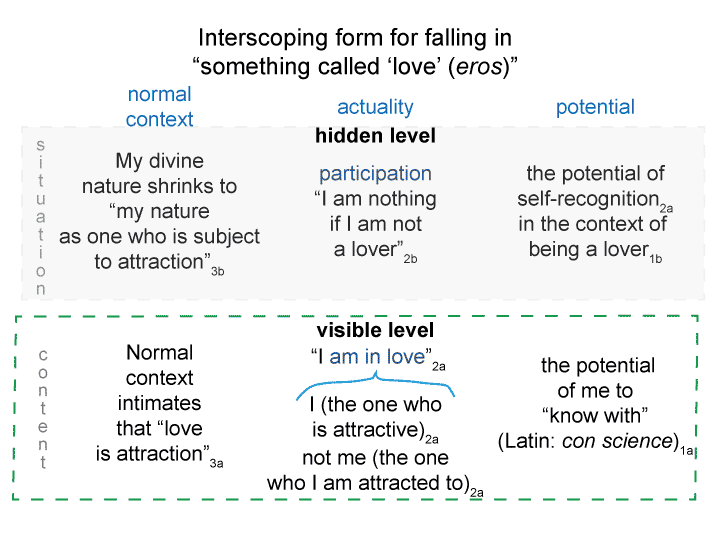Man and Sin by Piet Schoonenberg (1964) 2.2AE-2
[In addition, one views the adoration of individuals who adhere to Progressive thinkpro-object. Media folk throw garlands before celebrity elites. Their elites express consciencepro-object.
I call these adored people: golden calves.
Like the famous Biblical golden calf, these celebrities thrive on small ornaments donated by little people. Their tokens are melted and poured into liberal causes by Progressive clerics. Celebrities, especially celebrity politicians, are mouthpieces of Progressive Cults.
‘The unreal agape of the golden calves’ accompanies ‘the unreal loathing of the scapegoats’. The scapegoats are projections of thinkProgressive_TV‘s fevered imaginations.
The televisionaries love their gods and hate their fellow humans.]

